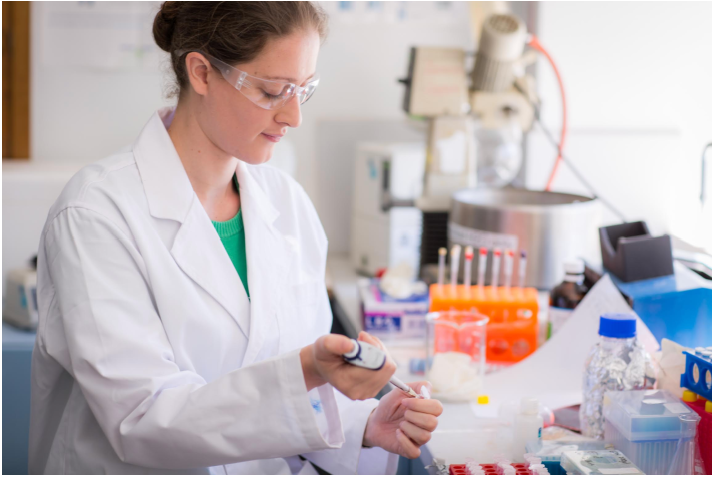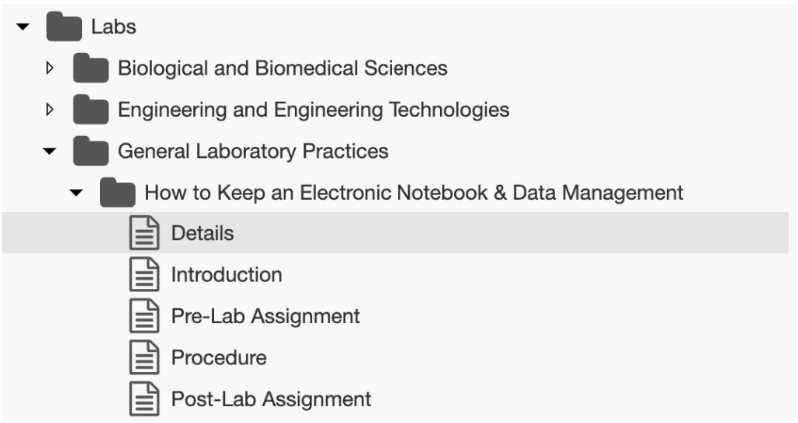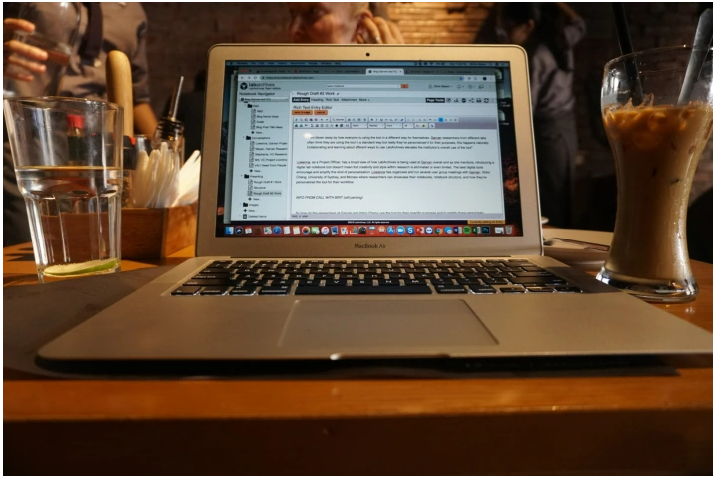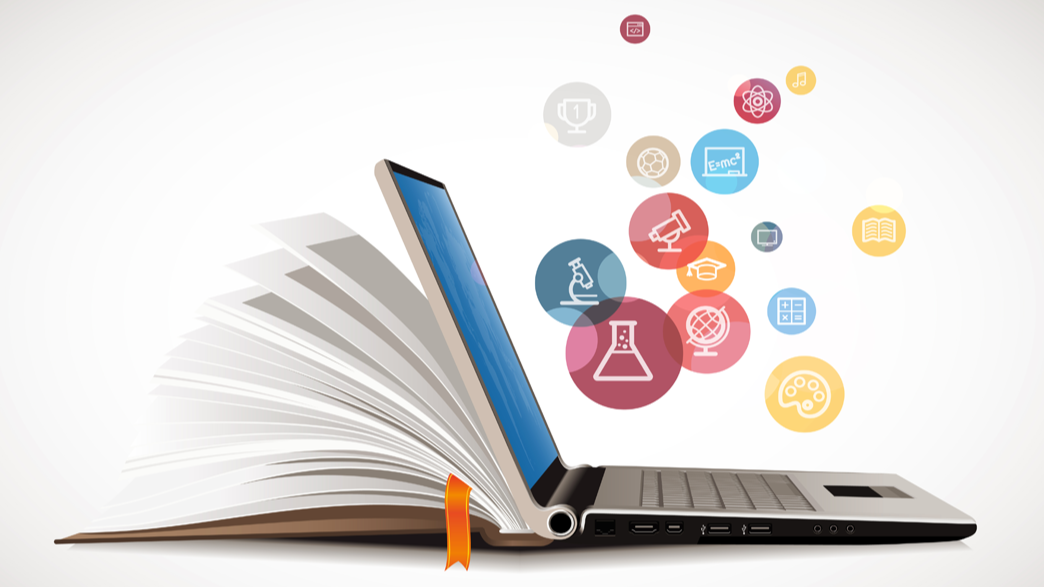Every job requires a certain set of building block skills. Musicians read notes. Doctors write prescriptions. Builders read blueprints. Developers write code. These tasks become second nature to those who do them. Taking the time to master the essentials, however, usually pays off in the long run.
The same holds for scientists. They experiment and record findings. Both parts of the equation, experimentation and documentation, must be done well in order to reach discovery.
While ‘recording findings’ sounds simple, keeping a quality lab notebook is not an inherent skill set. It’s something that must be learned. When done well, this competency generates valuable, reproducible data.
 Experimentation must be properly documented and reproducible in order to provide value.
Experimentation must be properly documented and reproducible in order to provide value.Our Resident Professor, Natalie Stringer, has turned this concept into its own experiment: How to Keep an Electronic Lab Notebook. It’s designed to teach students how to digitally document their research and can be found within Lab Builder, our course content library which is free for instructors.
Lab Builder is full of experiments related to biology, biomedicine, engineering, mathematics, statistics, physics, chemistry, astronomy and more. Even better, many of these experiments were designed for the remote classroom. This one in particular, though, is the perfect way to start any course. It sets students on a path to becoming scientists who are mindful of data management best practices.
 Lab Builder experiments are organised into detail, introduction, pre-lab assignment, procedure and post-lab assignment sections.
Lab Builder experiments are organised into detail, introduction, pre-lab assignment, procedure and post-lab assignment sections.During this two hour experiment students learn how to properly document their work in LabArchives digital lab notebook and why doing so, absolutely matters. The lab notebook is, after all, one of the most important yet overlooked scientific tools. It’s a space for recording observations, an organisational tool and a record of the experimental process as a whole. LabArchives digital lab notebook is free for students through July 2020.
By the end of this experiment students will have the tools they need to document their work in the classroom (even if they’re learning remotely) and beyond as they enter the world of professional research. They’ll also master working with LabArchives digital lab notebook which is used by nearly 500,000 scientists globally.
In this experiment students will:
- Learn about the key sections of a lab notebook (purpose/hypothesis, materials, safety, procedure, results, conclusion)
- Examine the benefits of a digital lab notebook over paper (easier to access, share and secure data)
- Practice organising their notebook and creating and labelling informative figures
- Collect, present and analyse experimental data in a digital format
 Digital lab notebooks can be accessed anywhere, anytime and make it easy to properly document your work.
Digital lab notebooks can be accessed anywhere, anytime and make it easy to properly document your work.So what? Why is learning to document research the right way so important? The answer to that question is almost the same for research students and professional scientists. Let’s look back to our definition of what a lab notebook actually is to find the answer….
- A space to record findings. Whether you’re a student or a professional researcher, you must record your work. If you can’t reiterate the steps you took to produce your findings, those findings won’t be worth much when it comes to publication or grading.
- An organisational tool. Consistency is the backbone of good organisation. Well organised research presents better, is easier to understand/repeat and is more likely to generate reproducible results. Whether you’re after a high grade or an accepted journal entry, organisation is key.
- A record of the experimental process. If you run into a grade dispute or an accusation of research misconduct, you’ll be happy to have a research audit trail on hand. Digital notebooks automatically create one for you so you can rest easy and focus on the task at hand – learning and discovery.
Get a free instructor account and begin to browse course content here. Then send us a message support@labarchives.com if you’d like to start teaching with LabArchives x Lab Builder!

















